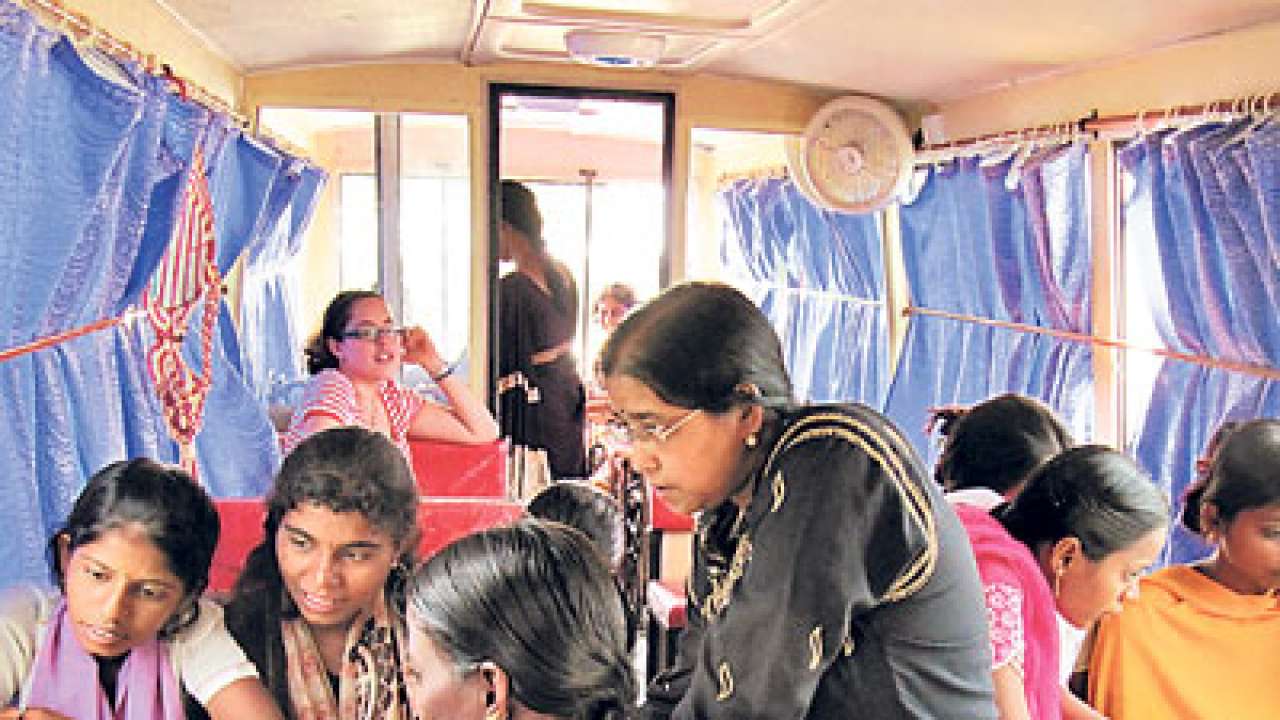
The Asia-Pacific region in which India is situated has inherent riches in natural resources such as the oil banks in the Gulf counties, export strength of China, intellectual capital of India, and the research, development and production of the Pacific islands. This area has a projection of 7.5 per cent economic growth compared to 2.6 per cent of USA and 1.7 per cent of the European region.
In contradiction, the Asia-Pacific region also accounts for 60 per cent workers in the vulnerable economy, 422 million under the $2-a-day earning mark and 73 per cent of the world’s working poor. Overall, the worker output is still about one sixth of the level of America or the European Union. In addition to the widespread poverty and low productivity, there is persistent inequality between men and women; women earn less than men and are largely in unskilled and informal sectors; there is no social protection for the physically and mentally challenged and old people; no protection against occupational accidents, injuries and against child labour.
What is needed is an inclusive, balanced and sustainable plan in the coming decades for which education is a fundamental tool.
Skill and knowledge are the two driving forces for the economic and social development of any country. Countries with higher skills adapt better to challenges in the working arena. It has also been seen that during the economic downturn, countries with strong skill focus, like Korea, were more insulated than other parts of the world.
Besides the national policy of skill education, the idea of vocationalisation of secondary education was mooted in order to provide young adults with options to choose from, with an aim to improving individual employability. Since 1988, background work in this area with regards to building the curricula, teachers training and NGO funding has been going on. Reported 765 crores have already been spent in creating facilities for ten thousand students.
Vocational learning has always been considered tertiary education, and does not fall in the traditional definition of higher education. Concentrating on the age old apprenticeship style of learning, vocational studies include variety of subjects such as trade, craft, programmes that are technical in nature and are related to engineering, accountancy, nursing, medicine, architecture and pharmacy.
Going beyond vocationalisation of higher education the national policy of skill development aims at providing inclusive opportunities to men, women, rural, urban, organic, inorganic, traditional and contemporary.
Offering modular courses in open architecture of short term duration, its funding is through skill vouchers given to the candidates and it focuses on funding the institutions imparting training after the course is completed. Nearly 23,800 establishments are imparting education to around 2.58 lakh apprentices. Within the next 5 years, over 1 lakh establishments are expected to train over 1 lakh apprentices.
Several organisations such as the Centre for Rural Technology, Society for Rural Industrialisation (SRI) and the flagship National Skill Development Corporation (NSDC) besides the Prime Minister’s National Council on Skill Development are all involved in the implementation of such courses.
There is also a focus on improving women participation by nearly 30 per cent by overcoming barriers and facilitating participation, though hostels for women, scholarships, transport, loans and making available newer and contemporary fields like emerging technological services available to women, besides the traditional training in health, construction and agriculture sectors.
NSDC has already trained nearly 90 thousand people, 80 per cent of whom are employed. With an annual budget outlay of Rs 1000 crores, it has doubled its capacity and enrolment since 2009 and has a target of training nearly 500 million by 2022.
If education is about employability, in order to sustain economic growth and to beat the widespread and rampant poverty, skill development seems to be the last word in achieving sustainability.
Manjula pooja shroff
The writer is an entrepreneur and educationist